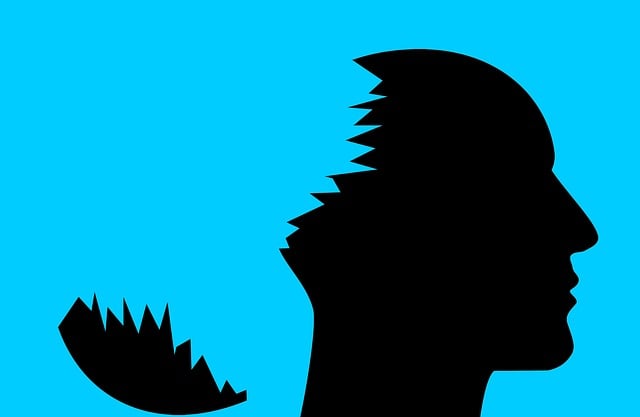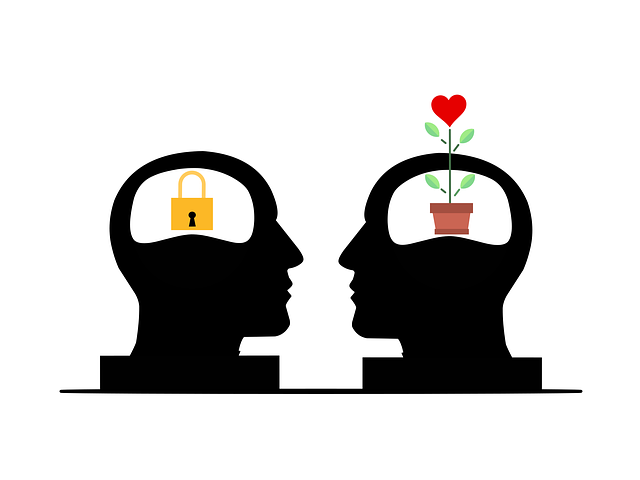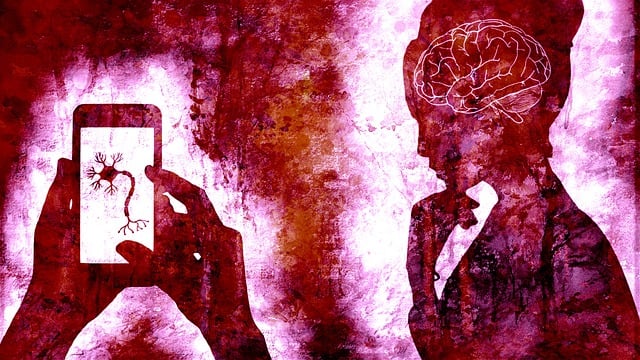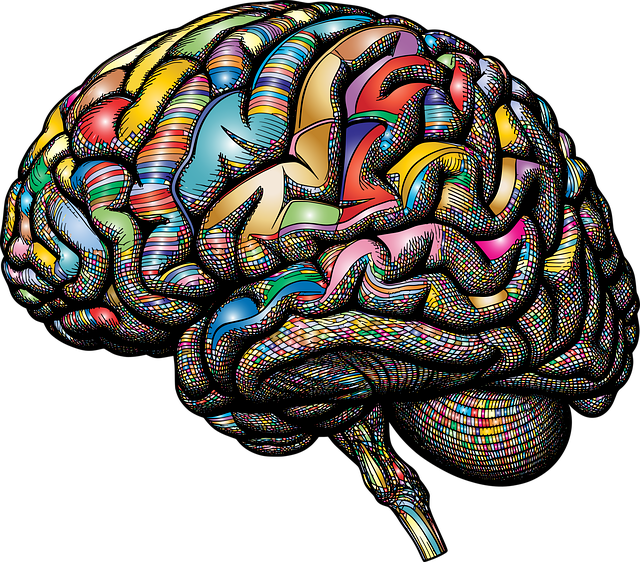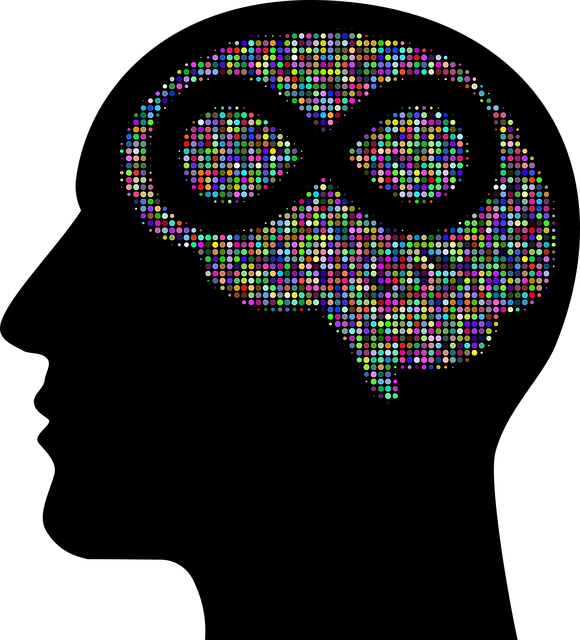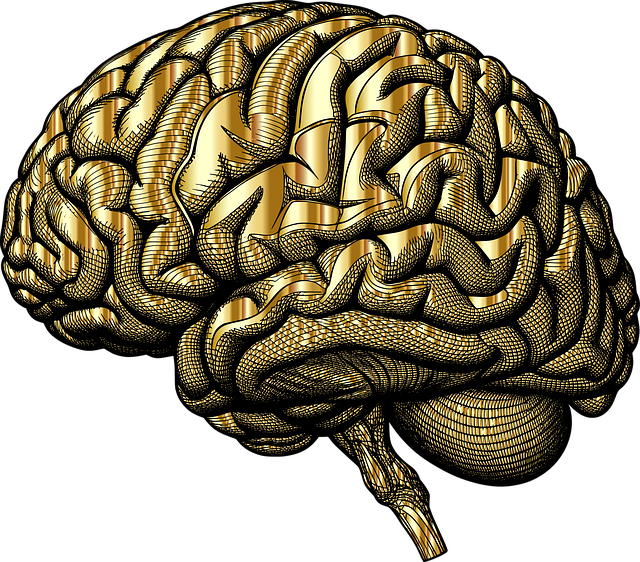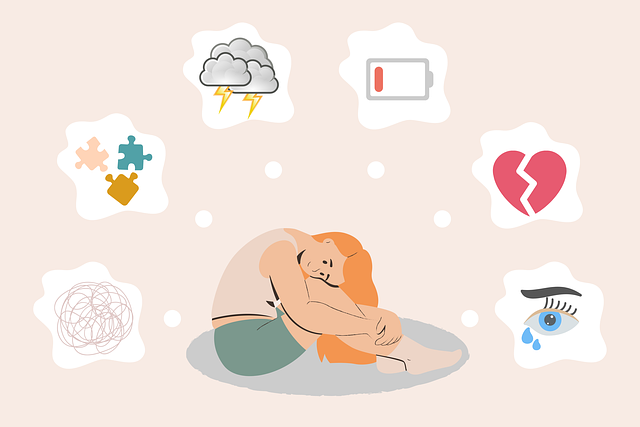Diagnosing mental illness in elderly populations presents unique challenges, including stigma, age-related changes complicating presentations, and lack of awareness about services. Strategies to overcome these hurdles include specialized training for healthcare providers, focusing on culture competency and age-specific issues like therapy for elders gambling. Raising mental wellness awareness among seniors, combining advanced neuroimaging technologies for diagnosis, and using digital interventions like podcasts enhance diagnosis accuracy. Integrating AI into assessment tools and providing telehealth services further improves accessibility. Specialized programs and positive thinking techniques in provider training ensure accurate interpretation of symptoms across diverse patient populations.
Mental illness diagnosis accuracy among the elderly is a pressing concern, with unique challenges stemming from cognitive changes and comorbidities. This article explores targeted efforts to enhance diagnostic accuracy, focusing on recognizing distinct issues in this population. We delve into advancements in tools like neuroimaging and AI-assisted assessments, discuss technology integration for remote monitoring, and highlight the crucial role of training healthcare professionals in identifying symptoms, especially in gambling-related disorders prevalent among elders.
- Recognizing Unique Challenges in Elderly Populations
- Advancements in Diagnostic Tools and Techniques
- Integrating Technology for Improved Assessment
- Training and Education for Healthcare Professionals
Recognizing Unique Challenges in Elderly Populations

The diagnosis of mental illness in elderly populations presents unique challenges that require tailored approaches. As our society ages, it’s crucial to recognize and address the distinct factors affecting this demographic. Many older adults face barriers to seeking help due to stigma, fear of judgment, or a lack of awareness about available services. Additionally, age-related changes in brain function and physical health can complicate the presentation of mental health issues, leading to misdiagnosis or delayed treatment. For instance, symptoms of depression or anxiety may be misinterpreted as signs of aging, further exacerbating the problem.
Addressing these challenges demands comprehensive strategies. Healthcare Provider Cultural Competency Training plays a pivotal role in equipping professionals with the skills to understand and empathize with elderly patients’ unique experiences. This training can enhance recognition of mental health issues specific to older adults, such as those related to therapy for elders gambling. Moreover, raising awareness about the importance of mental wellness among this age group is vital. Effective interventions should focus on mood management techniques tailored to the needs and preferences of seniors, ensuring they receive the support they need for optimal mental health.
Advancements in Diagnostic Tools and Techniques

The evolution of mental health diagnosis has seen significant advancements in tools and techniques, offering more precise evaluations and personalized treatment plans. One notable area of growth is in cognitive assessments, which now incorporate advanced neuroimaging technologies to detect structural and functional changes in the brain associated with various mental illnesses. These innovations are particularly beneficial for understanding conditions that impact older adults, such as gambling addiction. By analyzing brain patterns, healthcare professionals can more accurately diagnose issues like problem gambling in the elderly, ensuring they receive tailored therapy.
Additionally, digital interventions and online platforms are transforming mental health support. Mental wellness podcast series have gained popularity, providing accessible resources for individuals to educate themselves on various topics, including gambling behavior and its impact on mental health. These podcasts encourage self-care routine development for better mental health by offering practical tips and strategies, fostering a sense of resilience among listeners. This shift towards digital tools complements traditional therapy methods, enhancing overall diagnosis accuracy and patient outcomes.
Integrating Technology for Improved Assessment

Integrating technology into mental health assessment has shown promise in enhancing diagnosis accuracy and effectiveness. With advancements in artificial intelligence (AI) and machine learning, professionals can now analyze large datasets to identify patterns indicative of specific mental health conditions, including those affecting older adults like gambling addiction. AI-driven tools can assist in the early detection of issues, enabling timely interventions, especially within community outreach programs that focus on at-risk populations.
Effective communication strategies facilitated by technology also play a crucial role in improving diagnosis and treatment adherence. Telehealth services, for instance, allow elders to access therapy remotely, overcoming barriers such as mobility issues or social anxiety. By combining these technological advancements with tailored self-care practices, mental health support can become more accessible and tailored to the unique needs of older adults grappling with gambling addictions.
Training and Education for Healthcare Professionals

Mental illness diagnosis accuracy is significantly influenced by healthcare professionals’ training and education. Efforts to enhance diagnostic precision often focus on providing specialized training programs tailored to specific conditions, such as therapy for elders with gambling issues. These programs equip healthcare providers with advanced skills in recognizing subtle symptoms and understanding complex interplay between mental health, aging, and addictive behaviors.
Moreover, integrating concepts like positive thinking and stress management into Healthcare Provider Cultural Competency Training can foster more accurate diagnoses. By enhancing cultural awareness, healthcare professionals become better equipped to navigate the nuances of diverse patient populations, ensuring that mental illness symptoms are interpreted correctly, especially in light of potential cultural or social factors that may influence presentation.
Mental illness diagnosis among the elderly remains a complex task, but through recognizing specific challenges, adopting innovative diagnostic tools, integrating technology, and enhancing healthcare professional training, we can significantly improve accuracy. These efforts not only ensure appropriate treatment for conditions like therapy for elders gambling but also contribute to overall well-being and quality of life for this demographic. By combining traditional methods with modern advancements, we can navigate the unique landscape of elderly mental health more effectively.
